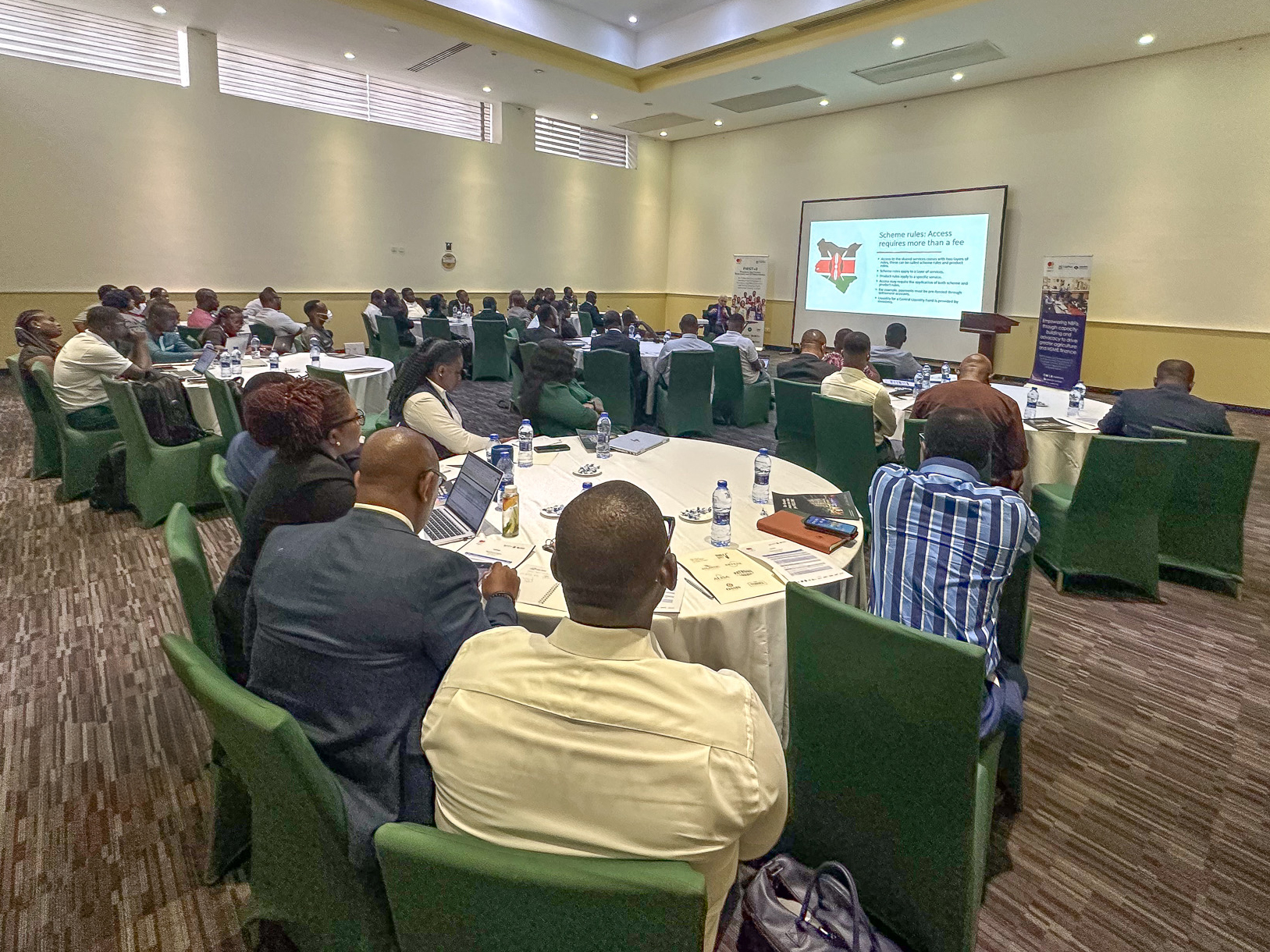
On August 18, 2025, CapitalPlus Exchange Corporation (CapPlus), in association with the Bank of Ghana under the Mastercard Foundation FIRST+II program, hosted a Shared Services Validation Seminar with stakeholders from across Ghana’s financial sector. The event brought together the regulator, consultants, and representatives from Non-Bank Financial Institutions (NBFIs) to explore how shared services can transform the industry.
Why Shared Services?
Ghana’s financial sector is vibrant but highly fragmented. While Commercial Banks control over 92% of sector assets, millions of Ghanaians depend on NBFIs (savings & loans companies, rural banks, credit unions, microfinance institutions, and Susu collectors) for essential financial services.
Yet, many smaller institutions struggle with limited digital infrastructure, high operational costs, and difficulty keeping pace with regulatory requirements. Shared services provide a practical, cost-effective solution by allowing multiple institutions to access common technology platforms such as:
• Banking as a Service: shared core banking systems
• Payments as a Service: card, mobile money, and digital payment solutions
• Infrastructure as a Service: cloud storage, cybersecurity, and data centers, and
• Software as a Service: digital credit, shared agents, and compliance tools.
By pooling resources, NBFIs can reduce duplication, gain access to better systems, and scale innovations that would otherwise remain out of reach. During the seminar, Richard Amponsah Obuobi, FIRST+II Program Director, highlighted the sector-wide importance of this initiative:
“Every day across Ghana, Non-Bank Financial Institutions are doing important work; helping a young woman secure her first loan, a young entrepreneur keep her business afloat, and a farmer connect with new buyers. Yet, many of these institutions face common hurdles: high costs, outdated systems, and limited resources. Imagine that, instead of facing these challenges alone, NBFIs could share tools, technology, and expertise. That is the opportunity we are here to explore today.”
He emphasized that the purpose of the seminar was threefold:
• To present and validate key findings from the shared services study
• To discuss potential shared service models, including technology platforms, back-office processing, and compliance systems, and
• To gather feedback from stakeholders to refine recommendations before moving toward implementation.
Key Insights from the Study
The commissioned study on shared services underscored:
• Clear demand from Credit Unions and Savings and Loans institutions, with growing interest from microfinance networks.
• International lessons from Kenya, Uganda, and the Philippines show that shared services thrive where there is strong stakeholder support, robust governance, and phased implementation.
• Potential benefits include up to a 30–40% reduction in operational costs, faster loan processing, and improved compliance automation.
The discussions at the seminar highlighted strong consensus across the sector. Out of the 53 participants present, 92% affirmed that there is a real need for shared services to strengthen Ghana’s NBFI sector. This overwhelming support underscores not only the urgency of tackling cost and technology barriers but also the collective readiness of stakeholders to embrace shared platforms as a pathway to building a more resilient and inclusive financial ecosystem.
The seminar concluded with a call to action: to co-create sustainable, sector-driven shared service models that will enable NBFIs to scale, innovate, and better serve MSMEs, young women entrepreneurs, and rural communities across Ghana.
With the Mastercard Foundation’s FIRST+II Program, CapPlus remains committed to driving innovation in financial inclusion by working with industry stakeholders to ensure solutions are created with the sector, not just for it.
